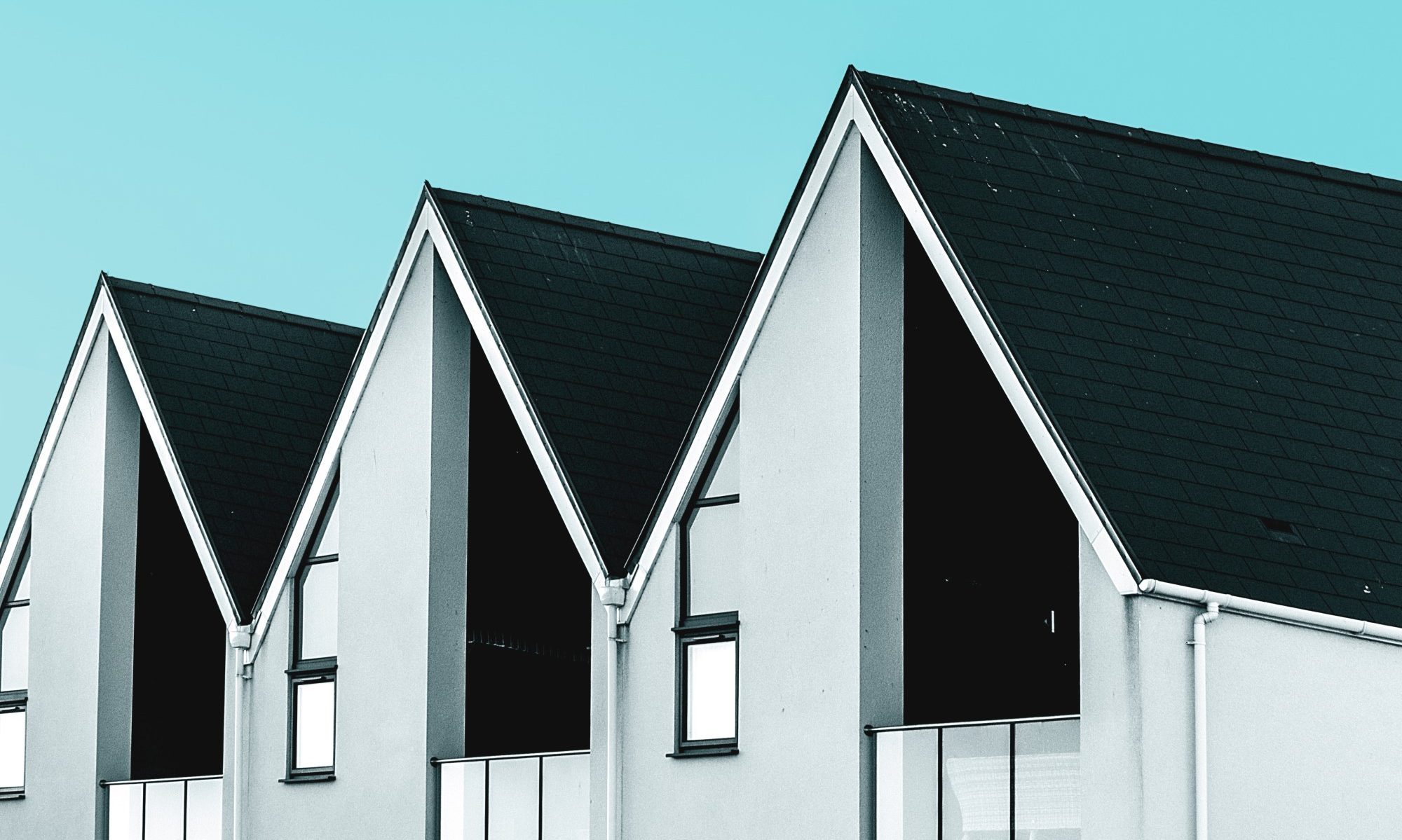Choosing a roof for a commercial building starts with knowing the systems that are available and their advantages and disadvantages.
Commercial roof contractors install a variety of roofing systems on commercial buildings depending on their size, architecture, and the weather extremes they must endure.
When considering the best commercial roof installation to choose, these are the ones that any commercial contractor can install.
- Built-Up Roofing - Also called BUR, built-up roofing systems are made from layers of modified bitumen rolls, tar, and asphalt all laid on to create a thick, protective covering on the roof. BUR is suitable for buildings with flat roofs, is fairly easy to install, durable, and relatively inexpensive. Yet it can be difficult to repair if there are leaks or holes and they do require considerable roof maintenance.
- Membrane Roofing - Made from TPO, EPDM, or PVC, membrane roofs are durable rubberized or plastic membranes that are stretched across the surface of the roof to create a durable, waterproof barrier. Typically white in color to reduce UV damage, membrane commercial roof installations are durable, lasting longer than many BUR installations, but they are also considerably more expensive.
- Metal Roofing - Strong metal panels are both durable and easy to install, creating a long-lasting, and attractive roof on buildings of all sizes. Metal also requires relatively little commercial roof maintenance other than periodic fastener checks and the application of protective coatings. It is most suitable for pitched or low-slope roofs but generally not flat ones but is also fairly expensive in comparison to BUR and membrane.
- Shingle or Tile Roofing - For buildings with pitched architecture, asphalt shingles or slate tiles are commercial roof installations chosen for various reasons. Asphalt shingles are affordable and easy to install by almost any commercial roof contractor and require minimal maintenance. Slate is useful where long-lasting, fireproof protection is desired and can last 100 years or more, but it is also very expensive upon initial installation.
When choosing a commercial roof installation for a building, property owners should first consider the types of roofing systems that are most suitable for their buildings and then which of those their budget will permit.
As with most roofing materials, the less expensive they are, the more commercial roof maintenance may be required and the shorter the lifespan may be, but frequent inspections and good care will ensure the system lasts as long as possible.
Building owners should contact an experienced commercial roof contractor to learn more about commercial roofing and discuss which system will work best for their building!
